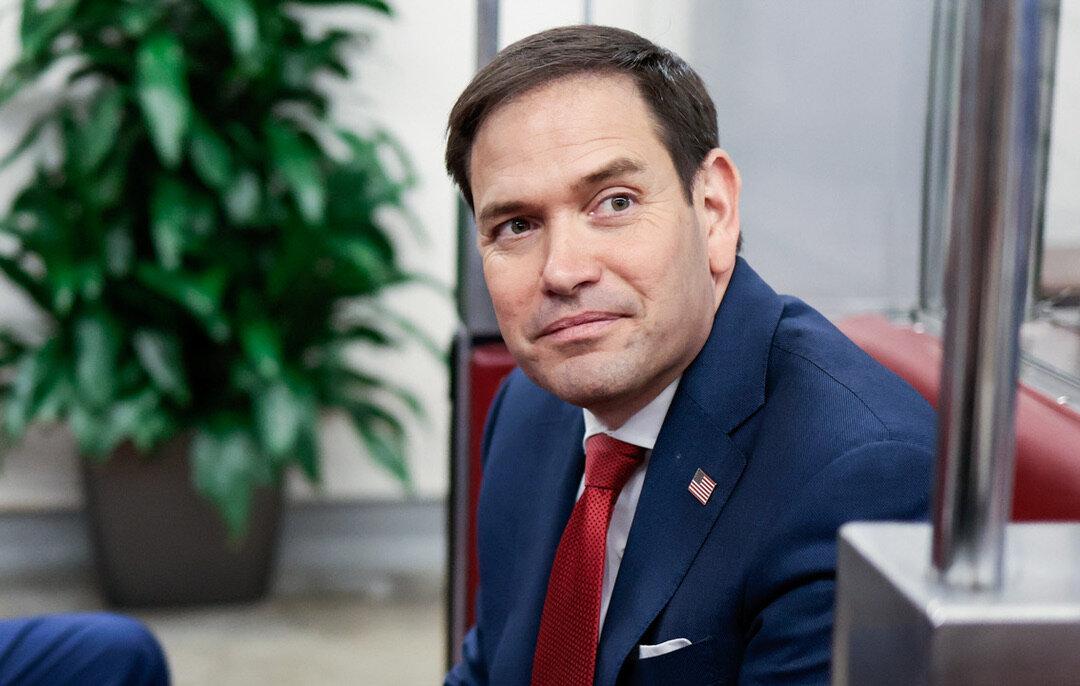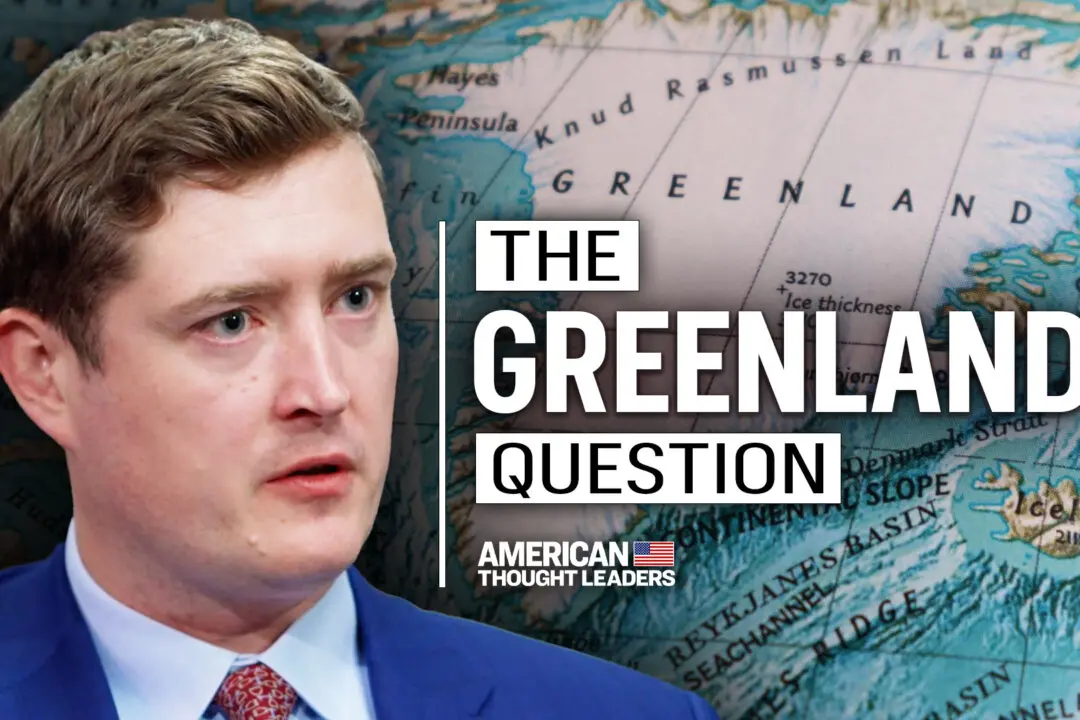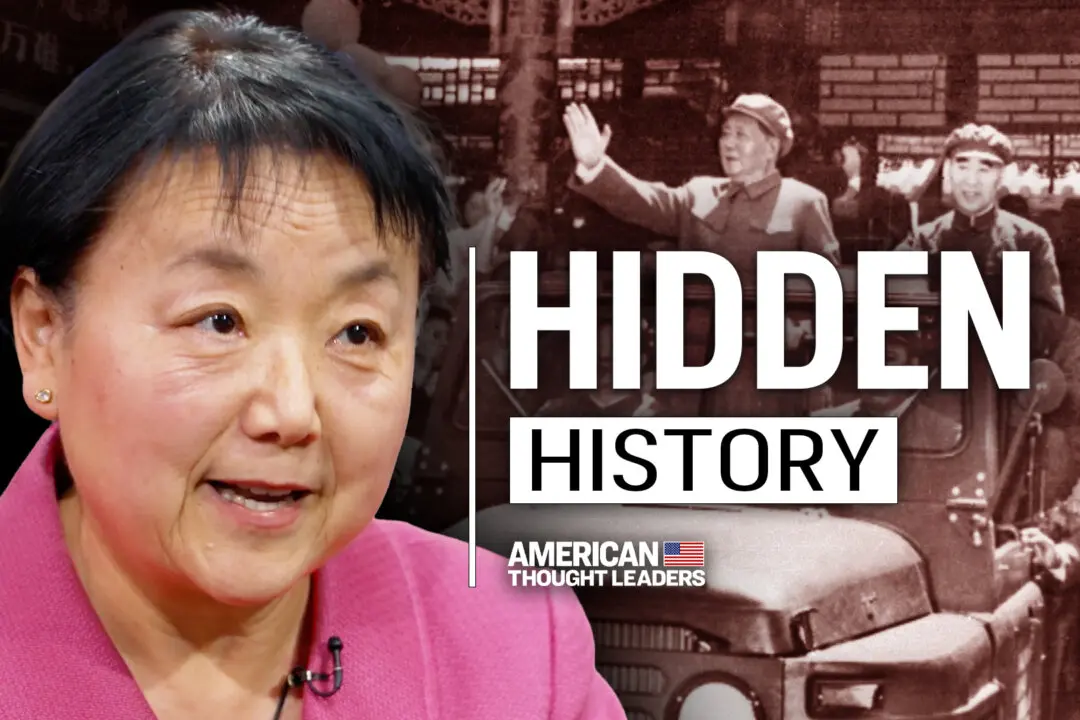“What everybody needs to understand,” Sen. Marco Rubio (R-Fla.) said, “is that the day China takes Taiwan without the U.S. being able to stop them will be a linchpin moment in human history.”
In a recent episode of “American Thought Leaders,” host Jan Jekielek sat down with Rubio to discuss how the Chinese regime has been systematically co-opting our elites for decades and leveraging the American system against us—from our innovations to our laws to our free markets.






